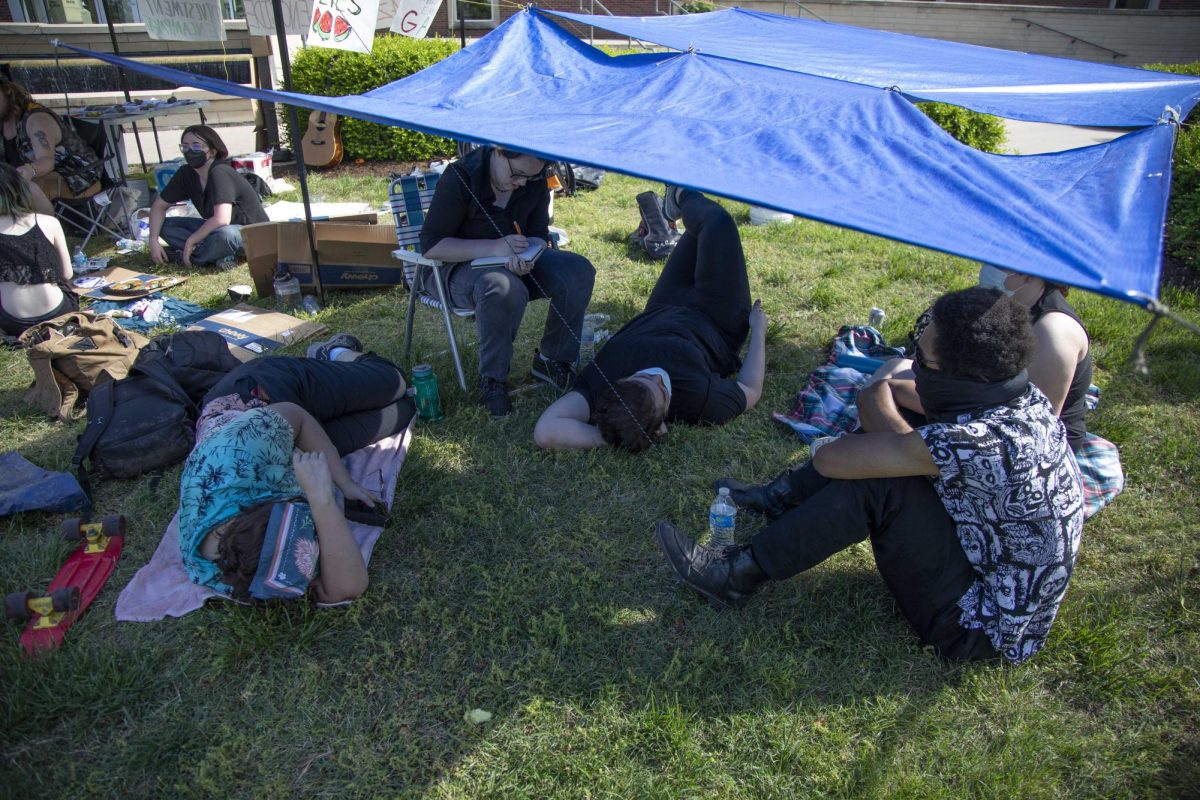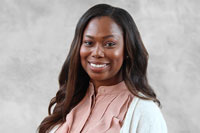Report cites concerns with UCOL course
November 25, 2013
In its second year as a core-curriculum class, concerns are being raised about the University College classes.
University College 101, or UCOL 101, is a course designed to help freshmen transition into the college lifestyle. It was introduced as part of the core curriculum in 2012 to teach basic skills and inform students about services at the university.
Advertisement
However, some have expressed concern over specific issues with the program.
In an Oct. 31 report by independent consulting firm Teresa Farnum and Associates, titled “Retention Assessment Southern Illinois University,” Farnum said one of the problems was a lack of students being excited about the class.
According to the report, SIU freshmen retention has decreased since 2009, when retention was at 69 percent, to 2010 at 60 percent.
The report stated, “This should be one of the most exciting courses in the first semester, but it is reportedly not popular with students and some faculty.”
Lisa Peden, director of Learning Support Services, said this was not necessarily the case.
“It’s not that UCOL 101 is not an academically challenging course,” she said. “What the challenge is, is setting yourself up in a pattern of behavior for success. So what I think we are seeing is students who have not adopted that pattern of behavior.”
The administration seems concerned with the amount of failing students in the class as well. In an email obtained by the Daily Egyptian, instructors were “encouraged” to offer high amounts of extra credit for assignments, some as high as 66 points, including taking the Keirsey Personality Test and movie reviews of films like “Office Space” and “The Lincoln Lawyer.”
Advertisement*
Both assignments could equal just over 10 percent of the total points in the class.
The email stated, “We are just a few weeks before the semester is over, and unfortunately, some students realize very late in the semester that they can not afford to fail a class. So please provide them with the opportunity to rescue their UCOL course.”
Peden, who formerly taught a UCOL 101 class, said the extra credit could be detrimental to student behaviors.
“My philosophy is you need to do what is required at the time it is required,” she said. “When you go out there on the job, most of the time I would say that if you miss an assignment or deadline for an employer, there’s no do-overs. There’s no extra credit. That’s why I say it’s a pattern of behavior. Our students need to set up patterns of behavior to be successful and that’s what we’re trying to do.”
Coordinator of the LGBTQ Resource Center Wendy Weinhold was also critical of offering extra credit to students.
“I think it’s important that we help students succeed, and passing UCOL 101 is a way we help students succeed,” she said. “But at the same time the message comes down that the way we help students pass the class is by offering them Hail Mary extra-credit opportunities. We’re not helping them build skills that are going to make them successful college students.”
Pat Manfredi, director of University Core Curriculum, defended his choice to encourage extra credit because of the large transition students make.
“This is a big adjustment, probably the biggest adjustment they have had to make in their entire lives,” he said. “I just had a young woman here still homesick after how many weeks. And so it’s a struggle and that makes it very difficult. That’s why at the midterm we wanted to say, ‘You know, maybe you were slow out of the gate. Maybe you weren’t ready to go when college started.’ So we wanted to provide additional opportunities so a failing grade in this class doesn’t hurt.”
Peden said around 10 percent of students were performing poorly in the class, but could not say whether this meant they were failing or also included students who withdrew or have a D grade in the class.
Peden, who sent one of the emails at the request of Dean of University College Mark Amos via Provost John Nicklow, said Nicklow was concerned with the grades he saw at midterm.
Nicklow said reaching out to instructors was not out of the ordinary.
“My job is to make sure students succeed,” he said. “We reach out and do that consistently with all advisors.”
Another popular complaint with UCOL courses is teacher compensation, because instructors are not compensated directly. They receive around $500 in what is called “other than salary” payment. This means the $500 is delivered to the department and an instructor may purchase something the university technically owns.
This has led some instructors, including Weinhold, to believe they are not adequately compensated. She said the compensation sends a troubling signal to the public.
“If University College 101 is really as fundamental a class as it should be and as the university seems to suggest it is, by creating this new core-curriculum class, the university needs to put its money where its mouth is,” she said. “It needs to create stipends and wages for the people who teach it. It needs to demonstrate to the people who teach it that it values our labor and the commitment we bring to help students succeed.”
Despite the problems with UCOL 101, most view it as a slowly succeeding work in progress. The report and instructors agreed the peer-mentor program and research aspect of the class is an invaluable asset for students.
Derrick Williams, coordinator of the Black Resource Center, said the class was crucial to his program through the Black Male Initiative.
“It’s a great way for students to get to know administrative professionals — people who are not ‘faculty’ — in the classroom to create that interaction and build relationships with students,” he said. “It gets students acclimated with all of the resources and give them ways of navigating their first year on campus.”
Royce Burnett, associate dean of University College, said the university is constantly working to find and evaluate any problems the course may have.
“Just like anything you roll out, there are going to be shortcomings,” he said. “At times, we may need to evaluate how we can improve and expand the content to reach a broader population. I think we need to realize education is a personal, individualized thing and the whole focal point of the course, as much as we can, is to reach the individual student. That becomes a problem when you have a class that is close to 3000 students.”
He said the university is forming a committee in the spring to evaluate how to improve the course.
Seth Richardson can be reached at
or 618-536-3311 ext. 253.
Advertisement







